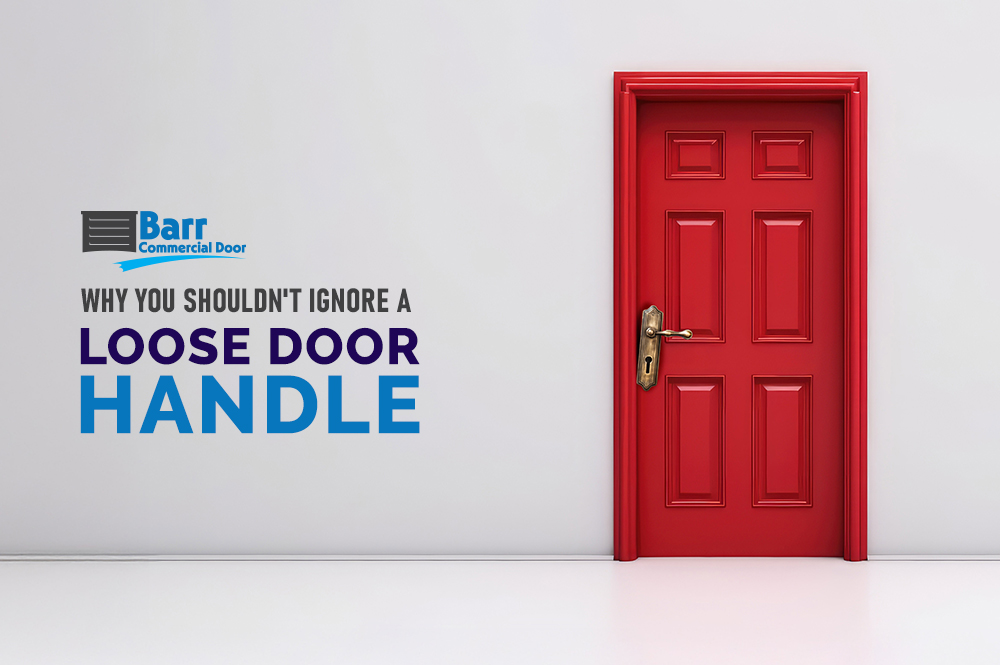Overview: Installing a drive-through window? Learn the essential security features — from impact-resistant glass to surveillance integration — required to protect your Southern California facility!
Drive-through windows play a critical role in how many businesses operate, particularly in industries where efficiency, safety, and controlled access are essential. From banks and pharmacies to fast-service restaurants and government facilities, these windows must be more than convenient; they must be secure.
In regions like Los Angeles, Orange County, and the Inland Empire, the security features you integrate during installation can determine how well your business withstands physical threats, protects staff, and complies with local safety regulations. Below are the key security considerations facility managers and property owners should address before installing — or retrofitting — a drive-through window.
Security-Grade Glazing: Not Just Glass
Standard window glass offers little protection in commercial settings. Drive-through windows should be fabricated with impact-resistant or bullet-resistant glazing, depending on the business type and threat profile. Pharmacies and banks, for example, benefit from Level 1 or Level 3 bullet-resistant glass to protect personnel and limit liability.
In areas like Los Angeles and Long Beach, high-traffic and late-night operations increasingly prioritize security glazing to meet both insurance requirements and workplace safety standards.
>> Related Reading: Window Glass Types: How to Choose Glass for Windows
Secure Transaction Hardware
Cash drawers, prescription pass-through trays, and communication slots should be designed for both functionality and tamper resistance. Materials must withstand forced entry attempts while still allowing ADA-compliant service.
Many Orange County businesses are turning to stainless-steel drawers with locking features to minimize risk without sacrificing workflow efficiency.
Commercial-Grade Locking Mechanisms
Window locks should match the grade of your facility’s main access points. This includes multi-point locking systems that secure more than one edge of the window frame and manual override features in the event of a power failure.
Businesses across Southern California are integrating their drive-through locking systems with existing access control protocols for centralized management.
Integrated Surveillance and Audio Systems
Security doesn’t end at physical barriers. Real-time surveillance and intercom systems are critical for monitoring interactions, especially after dark or during high-volume periods. When tied into a broader building security system, these tools also provide documentation in the event of disputes or security incidents.
In locations like Anaheim and Riverside, surveillance-integrated windows are becoming a standard recommendation for facilities seeking to improve accountability and deter opportunistic crime.
After-Hours Protection
Drive-through windows can become soft entry points after business hours. Consider installing lockable shutters, rolling grilles, or automatic closures that secure the window perimeter when not in use. These added barriers reinforce your existing security strategy without impeding normal operations.
Local Code Compliance and Safety Standards
All security upgrades must align with California Building Code, ADA requirements, and NFPA life safety standards. Failing to meet these regulations can lead to delays, fines, or unsafe conditions for staff and patrons.
Facility managers in Los Angeles and the Inland Empire often work with code-literate service providers to ensure proper installation of both new and replacement drive-through systems.
Final Considerations
Security for drive-through windows is often overlooked until a problem arises — but proactive planning can significantly reduce risks and improve operational resilience. Every security element, from glazing to communication systems, should be selected based on location, threat assessment, and regulatory compliance.
Whether you manage a multi-tenant property in Los Angeles or a standalone facility in Orange County, investing in the right drive-through window security features is a smart, long-term decision rooted in safety, liability protection, and business continuity.


